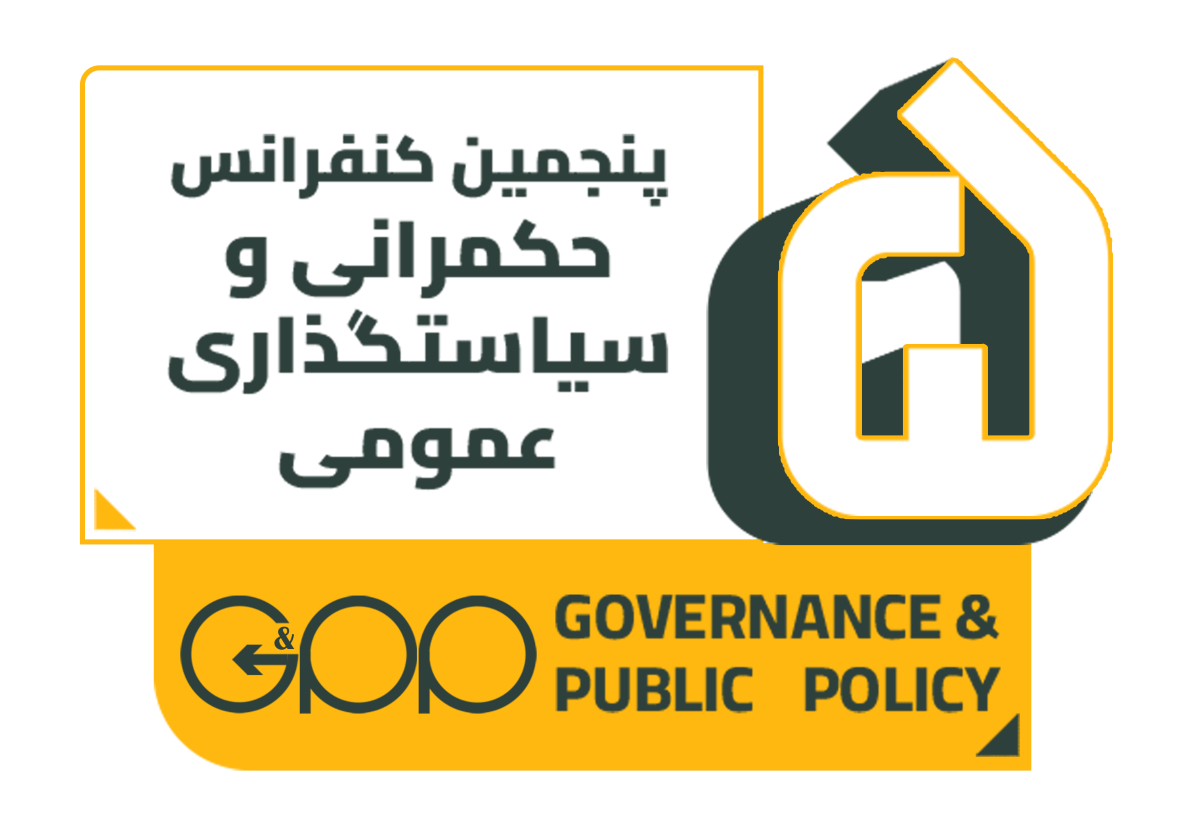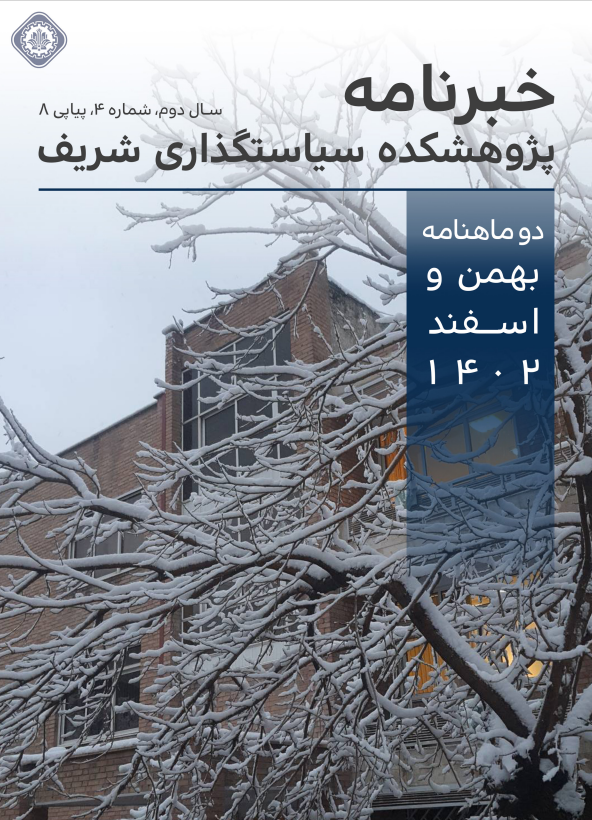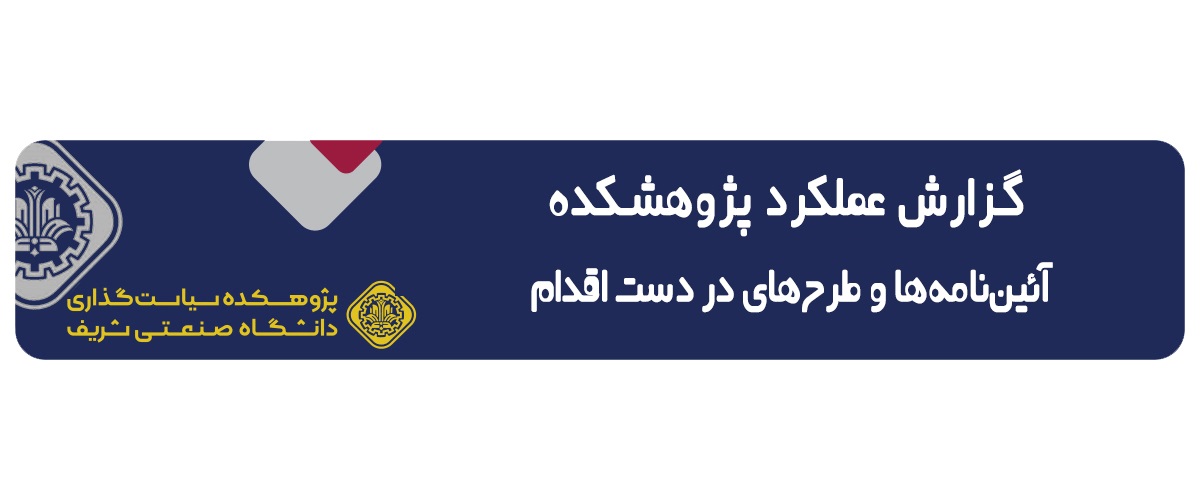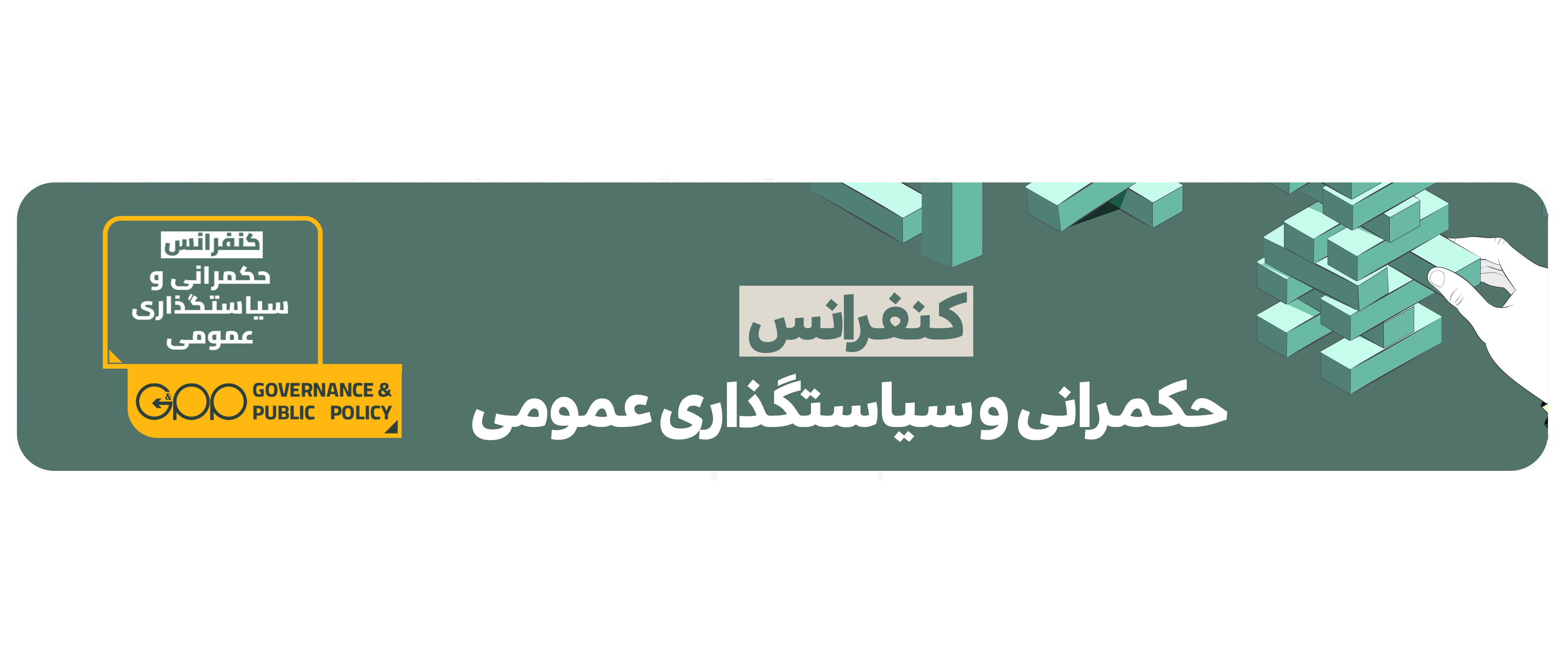چکیده
n this paper we will present a case study in Iran which explains the reasons for inaction by a society that is highly dependent on rapidly depleting groundwater resources. To obtain a better understanding of social inaction when faced with groundwater depletion, we investigated the changing role of society in groundwater systems and the movement away from collective action. A qualitative inquiry was used in this study, based mainly on an analysis of multiple interviews conducted with groundwater users, complemented by documentary analysis. Results are presented in different sections. First, a brief description of groundwater management in Rafsanjan is presented as typical of groundwater management in Iran. Then we present the chronology of the emergence of chaos in groundwater management in Rafsanjan. Finally, we provide the water users’ dominant frame of reference for the resolution of the critical water resource situation. Results indicate that the two main factors contributing to changes in groundwater drawdown are technological transitions and national policy reforms. However, findings suggest that the incorporation of factors related to political ecology – such as power relations, equity, and corruption – are important elements to consider in relation to the collective self-regulation of groundwater social-ecological systems. This paper does not provide a feasibility study for implementing a specific model of community-based management in Rafsanjan Plain, neither does it present an action plan towards selfregulation. It does, however, provide a more realistic viewpoint on the potential for pursuing a community-based management approach by helping to identify key challenges that would have to be considered.



 علی ملکی
علی ملکی




